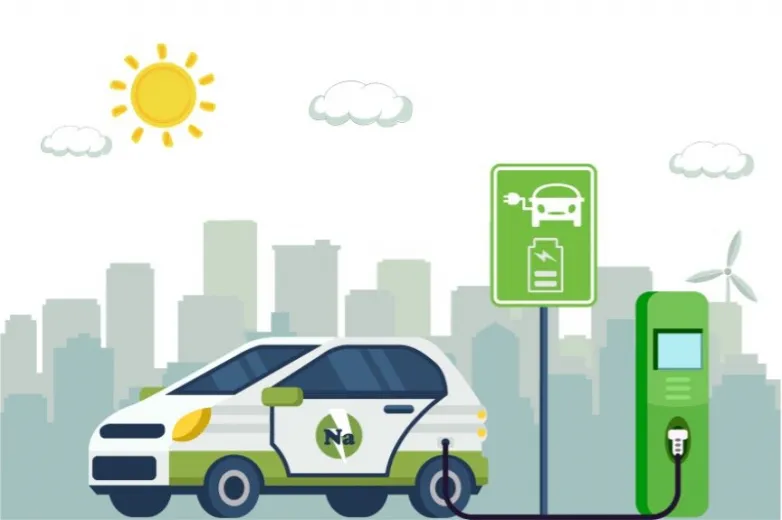Researchers develop innovation for sustainable next-generation batteries
- Researchers have established a new innovation which might allow lithium batteries to be changed with even more sustainable alternatives.

A team at Imperial University London have actually produced an innovation which can make it possible for the change from lithium-ion to sodium-ion batteries By preparing carbons from lignin, a waste byproduct of the paper sector, scientists improved the energy density, sustainability and also security of sodium-ion batteries. The results, released in Energy and Environmental Science, might play a considerable function in the international shift to greener energy resources.
Changing lithium-ion batteries.
Lithium-ion batteries are frequently used in numerous electrical devices, yet international lithium sources are quickly decreasing and extracting operations create a huge carbon footprint. Sodium-ion batteries can supply a lasting choice which, if optimized, could be utilized in electrical automobiles. However, current models have yet to match lithium's energy capacity and also pose some safety and security dangers.
The vital to boosting energy capability in batteries hinges on the product as well as design of anodes, which supply the energy storage space feature. Despite their ultra-high theoretical capacity, more study has actually been required to open the potential of batteries made with metallic salt anodes and also deal with the dangers positioned by this material's highly reactive nature.
The Titirici Group in the Department of Chemical Engineering has occupied this obstacle as well as created a solution by changing the bulk metals in salt batteries with sodium-deposited lignin-derived carbon floor coverings.
Matching writer Professor Magda Titirici said: "It is interesting to see brand-new opportunities for lignin utilization in the battery sector and its prospective to create brand-new sodium-based modern technologies, which might reinvent the electric lorry industry by producing high performance, safe and a lot more lasting batteries".
Spinning internet
In this study, lignin mats were created making use of a process known as 'electrospinning' where lignin fibers are rotated in a similar way to just how spiders rotate their internet in nature. The fibers were then carbonized to create various issues in the material framework. These defects support an also as well as stable deposition of metal sodium, the aspect responsible for energy storage space, leading to a raised energy capability.
By integrating metal salt with particularly customized lignin-based carbon, the energy capability benefits are kept and utilized while the safety and security dangers related to a build-up of dendrite-- which causes batteries to short-circuit-- are decreased.
The process also needs much less heat to carbonize the lignin than other techniques, which additionally lowers the carbon footprint of the production procedure.
Next actions
Sodium-ion batteries have actually shown immense promise in the energy field, yet their restricted energy capacity has thus far restricted their prevalent uptake. This brand-new modern technology might enable them to replace lithium-ion batteries on a much broader scale than is currently feasible as well as be utilized in products as large as electrical cars.
Co-author Zhen Xu included: "Our study reveals the great possible for sodium-ion batteries to play a substantial role in a lasting energy future. Currently we want to collaborate with sector to establish this technology on an industrial scale and also explore new applications for sodium-ion batteries."
The group will certainly currently remain to tweak the technology, experimenting with different kinds of cells as well as performing additionally experiments.
Also read

